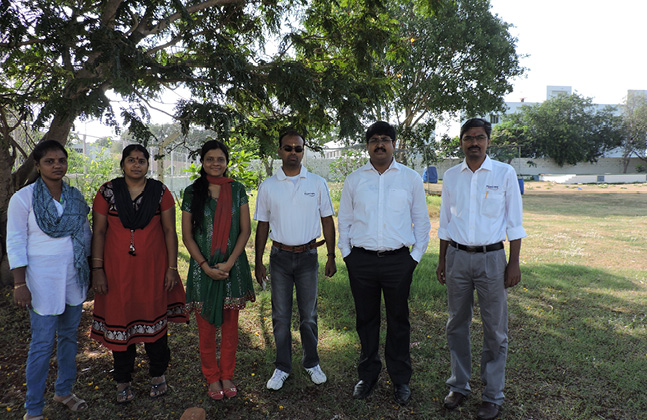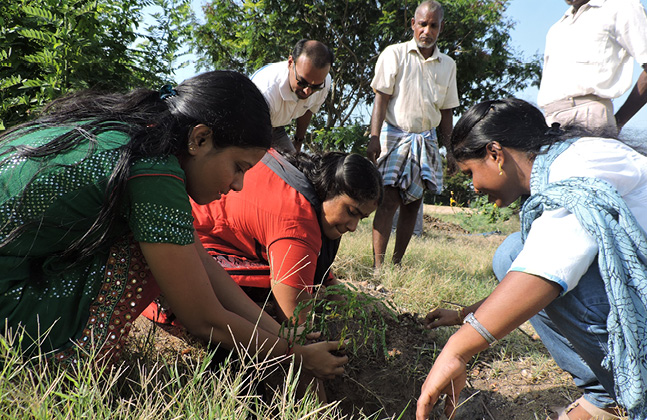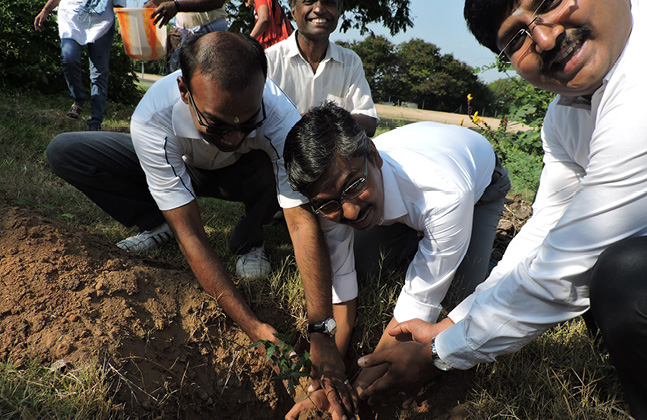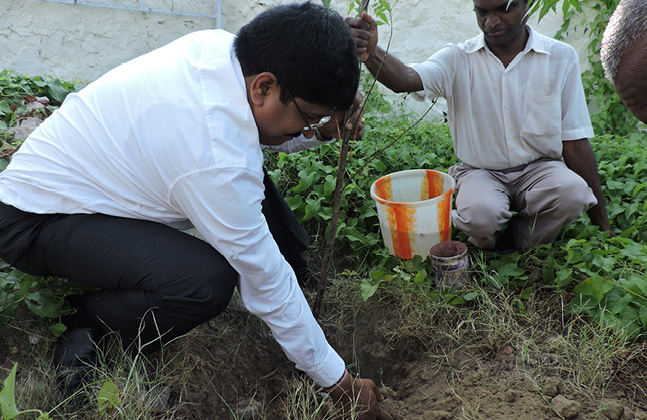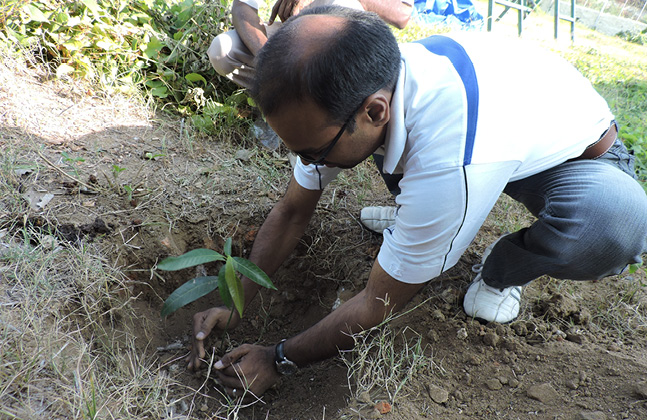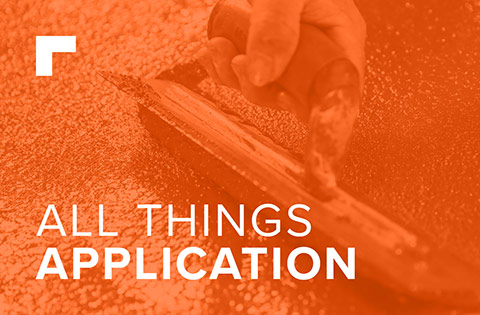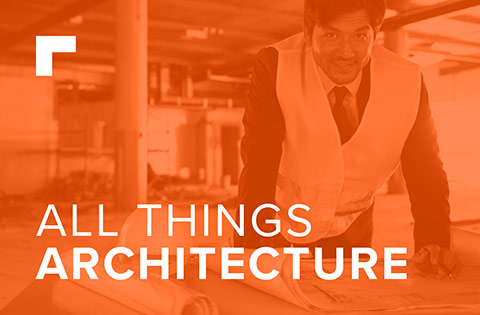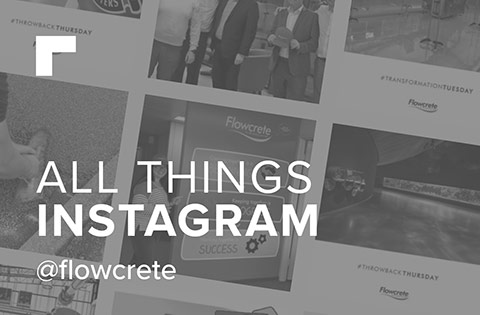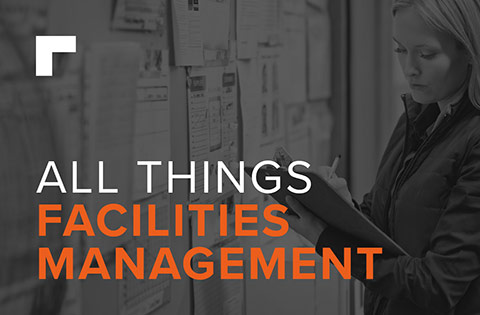World Environment Day (WED) is observed annually on June 5th to help raise awareness of various environmental issues and this year the spotlight is on sustainable consumption and production.
The slogan for WED 2015 is “Seven Billion Dreams. One Planet. Consume with Care”. The well being of humanity, the environment and the economy ultimately depend upon the responsible management of the planet’s natural resources. And yet businesses are consuming far more natural resources than the planet can sustainably provide.
This year we’re supporting the day by promoting the importance of sustainability in the construction industry. To symbolise our commitment to this message, Flowcrete India’s staff took part in a tree planting campaign in Chennai’s Dr. MGR Janaki Educational Institute. On the 5th June, in an event organised by the NGO environmental service organisation ExNoRa International, Flowcrete India employees planted several tree saplings after taking a pledge of environmental responsibility.
We already have several long running environmental initiatives such as the use of IBC Containers to reduce waste and many of our products contain limited or absolutely zero volatile organic compounds (VOCs), which have a detrimental effect on the environment. Flowcrete is also proactive in using material recycled from heavy industry waste streams in its manufacturing processes as well as reducing our carbon footprint by sourcing raw materials locally.
Sustainability can be achieved by practising the Four R’s – Reducing, Reusing, Recovering and Recycling the waste generated in the construction process. Restoring and reusing a building requires less energy than building a new one, rehabilitating buildings saves landfill space, preserving a building saves embodied energy (Energy used to operate construct and demolish) that was used to build and maintain it.
When specifiying materials for projects in the construction industry there is a common misconception that sustainable products have a higher price tag. However, for environmentally friendly products and technologies, the initial capital investment needs to be compared with the total lifecycle of the structure and should be analysed on a long term basis. Cheap and cheerful options rarely offer longevity and can prove incredibly costly, with constant repairs and total refurbishments commonplace when such inferior materials have been specified to cut costs and corners.
As well as improved life cycle costing, there are numerous economic benefits of sustainable construction such as: reduced carbon output, smaller utility costs, reduced maintenance requirements and an overall improvement in the building’s performance and efficiency.
To find out more about Flowcrete India’s environmental policy visit http://www.flowcrete.in/about-us/our-environment/ or contact us at indweb@flowcrete.com for more details.

